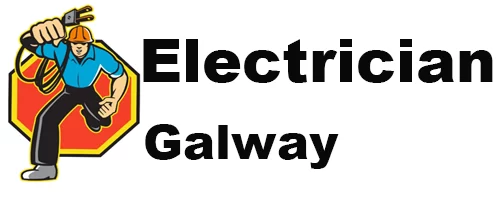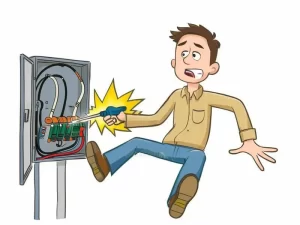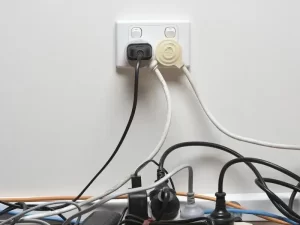Electrical problems can be dangerous and costly if left untreated. Knowing how to spot issues early can protect your family and your property. Here’s a simple guide to help you identify common electrical problems in your home and decide when to call a licensed electrician.
Common Electrical Problems in Homes
Many homes, especially older ones, face issues due to aging electrical systems. Here are the most frequent problems:
- Flickering Lights – This could mean loose electrical wiring or a faulty light fixture.
- Tripping Circuit Breakers – A sign of circuit overload or faulty appliances.
- Loose Outlets or Switches – Outlets or switches that move can cause electrical shocks.
- High Electricity Bills – Inefficient appliances or hidden electrical surges might be the reason.
- Frequent Electrical Surges – Often caused by power-hungry devices or bad wiring.
How to Spot Early Signs of Electrical Issues
Look out for these warning signs to catch problems before they get worse:




- Burning Smells – If you smell burning near outlets or switches, turn off the power and investigate.
- Buzzing Sounds – Buzzing from light switches or outlets means loose wiring.
- Sparking Outlets – Sparks when plugging in devices could signal an issue with your electrical panel or wiring.
- Warm Outlets – Outlets or switches that feel warm are a fire risk.
- Overuse of Extension Cords – Too many extension cords mean your home lacks enough outlets.
When to Call a Licensed Electrician
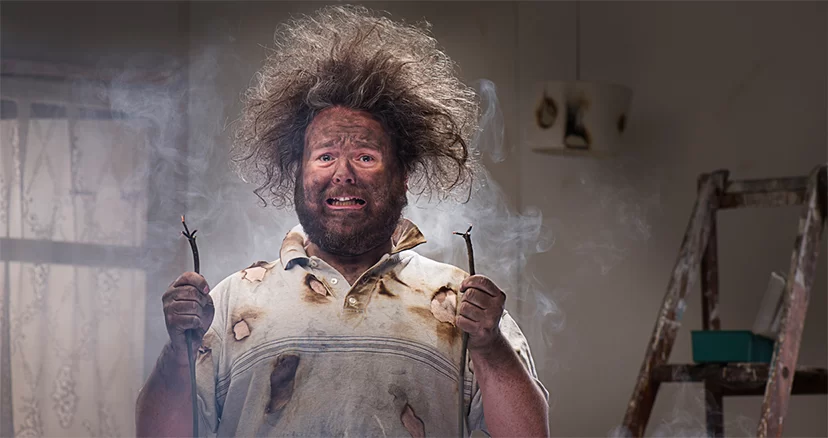
Some problems are too dangerous to handle alone. You should consider calling an electrician if:
- Circuit breakers keep tripping despite unplugging devices.
- You experience frequent electrical shocks when touching outlets.
- Your home has an outdated electrical panel or common wire issues.
- Light switches stop working or feel hot to the touch.
- Your older home needs rewiring to handle modern appliances.
Tips for Electrical Safety at Home
There are five simple tips for you, you can get more electrical safety tips
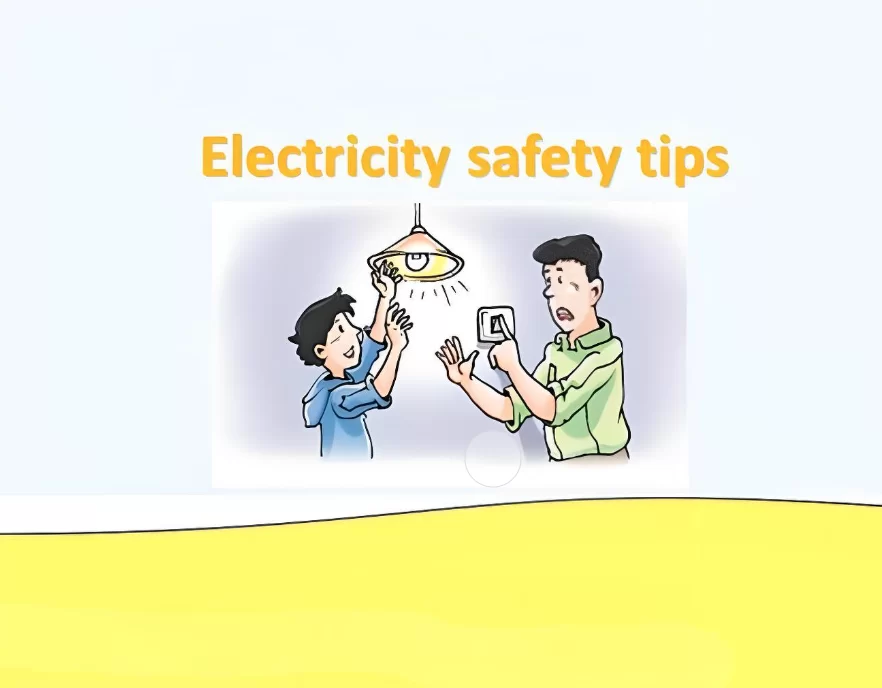
- Replace damaged light bulbs and loose outlets immediately.
- Avoid overloading circuits with too many devices.
- Regularly inspect your electrical wiring for wear and tear.
- Install surge protectors to guard against electrical surges.
- Always hire a licensed electrician for major repairs or upgrades.
Conclusion
Your home’s electrical safety is critical for your comfort and well-being. By recognizing common problems and acting quickly, you can prevent serious issues. For complex repairs or when in doubt, don’t hesitate to call a professional electrician. Taking these steps ensures a safer and more reliable electrical system in your home.
